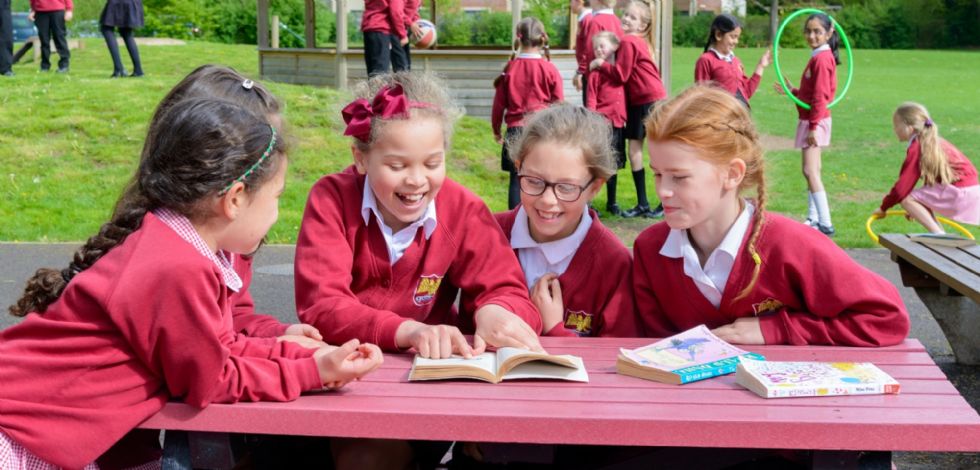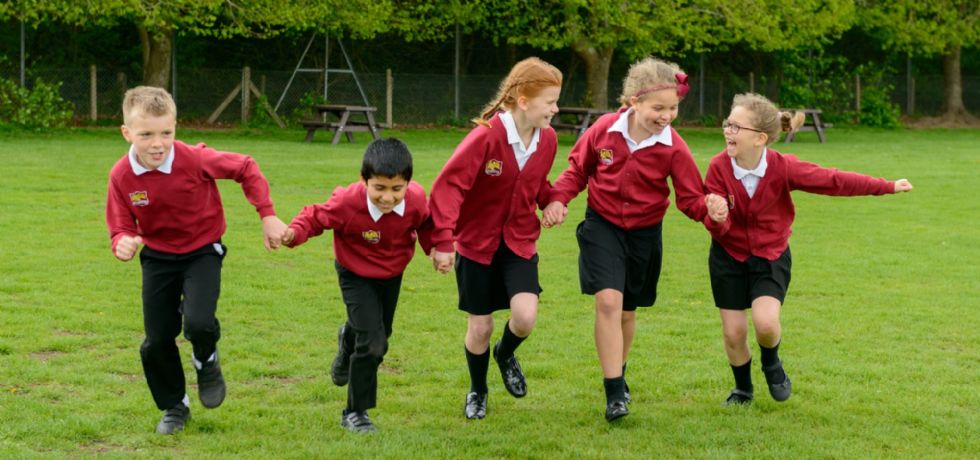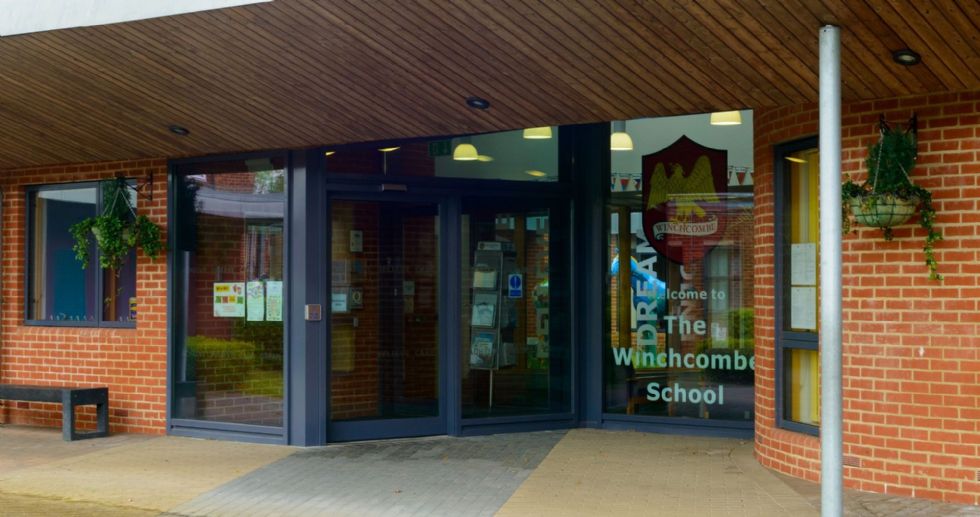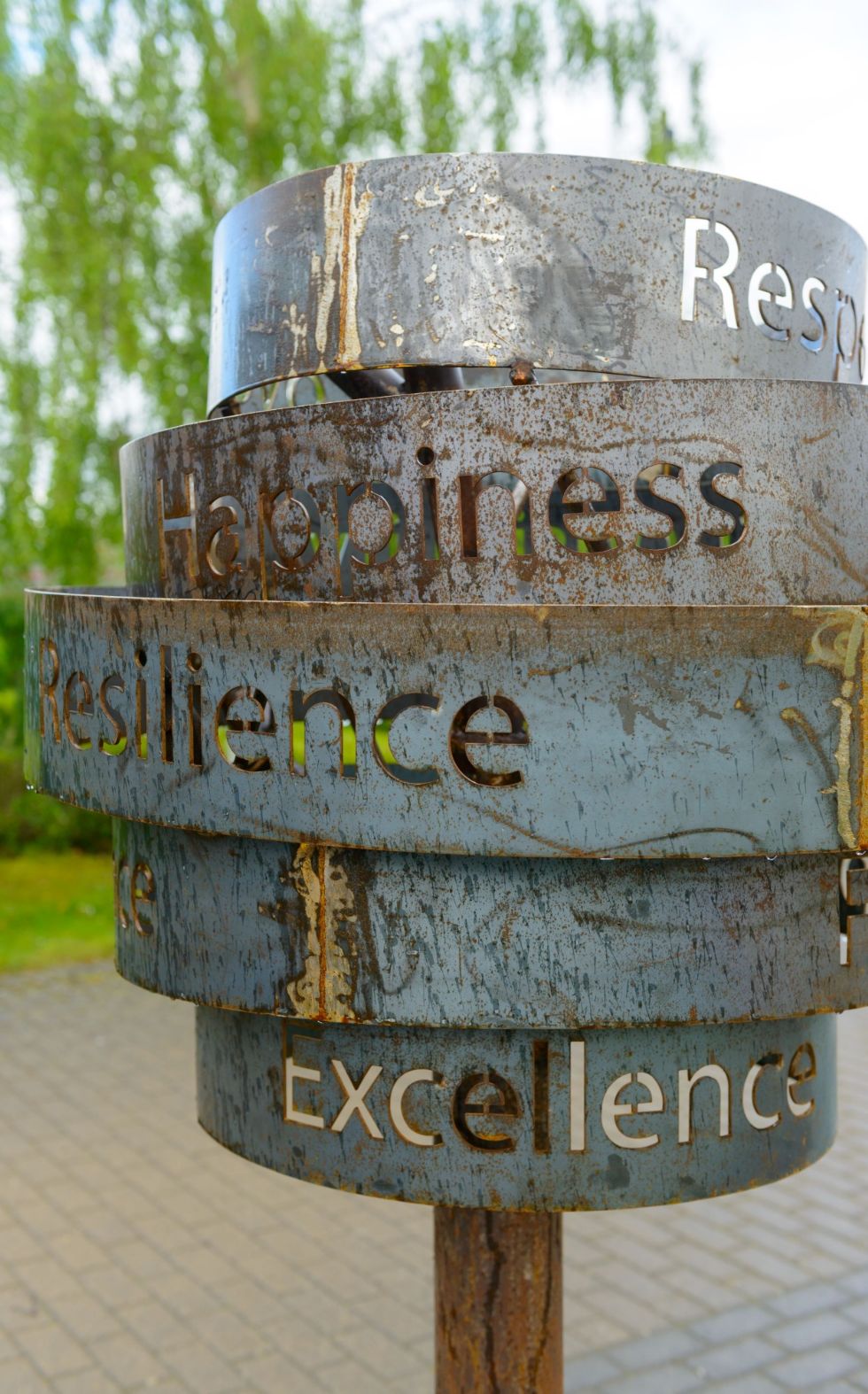Music
What is our Philosophy?
At the Winchcombe School we believe that music provides a powerful and unique form of communication that can change and impact the way children feel, think and act; building self- confidence and creativity. We aim to inspire children to develop a love of music and an appreciation for it in a variety of contexts.
What is taught?
Opportunities are given for children to listen to, review and evaluate music across a range of genres, styles and traditions. Music from all over the world and from different times is explored; focussing on key aspects of composition and improvisation, singing, playing, performance and appraisal. Through their learning, we aim to build on children’s prior knowledge and skills, developing their use of key vocabulary and understanding of the interrelated dimensions of music (pulse, rhythm, pitch, dynamics, tempo, timbre, structure, texture, notation). A wide variety of instruments, both un-tuned and tuned, are played and significant musicians studied.
How is it taught?
Each term looks at a different musical style which has been based on a Charanga topic. Each unit incorporates: performance, singing, listening with understanding, composition and improvisation, pulse and rhythm and notation.
How is progress measured?
Progress is assessed each year against the following aspects:
- Performing and Singing
- Composition
- Notation
- Listening and Appraising
- Instruments
- Genres
- Significant People
What does success look like at The Winchcombe School?
By the end of Year 6 children will:
- Maintain a part in a piece of solo or ensemble music, compose and improvise their own music and use some musical notation.
- Recognise sounds and changes in a piece of music using musical vocabulary: pitch, duration, dynamics, tempo, timbre, texture, structure.
- Identify different musical instruments and styles.
- Explain the significance of a range of musicians from history.






